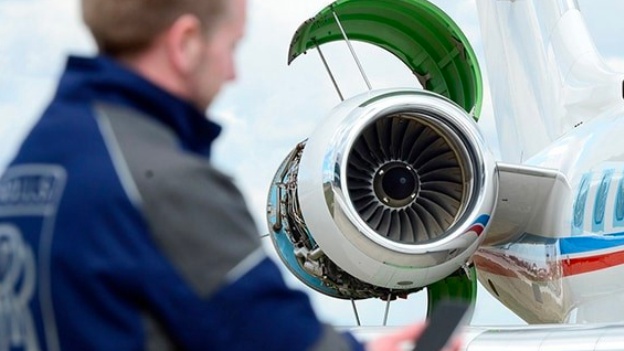Summer is a season full of joy and adventure, but it also brings various health pitfalls. The most common childhood summer illnesses include tonsillitis, allergies, diarrhoea and whooping cough. How to deal with these problems in the best possible way so that children can return to summer fun as soon as possible?
Angina and respiratory infections
Angina is common in summer and can be caused by bacteria or viruses. When symptoms such as sore throat, fever and difficulty swallowing occur, it is important to ensure your child is rested, gets enough fluids and is prescribed medication. In some cases, a visit to the doctor for antibiotics may be necessary.

Allergies
Allergies can be triggered by pollen grains, dust or animal allergens. Symptoms include sneezing, itchy eyes and runny nose. Antihistamines and eye and nose drops can help to relieve symptoms.
Diarrhoea
Summer diarrhea is often caused by contaminated water or food. It is important to stay hydrated, take probiotics and follow a light diet. If symptoms persist or worsen, medical attention should be sought.
Whooping cough
Despite vaccination, cases of whooping cough still occur. It manifests itself as a strong, prolonged cough and can be very debilitating. Treatment includes antibiotics and supportive care.
Dysentery
Prolonged exposure to the sun, where the body overheats and does not cool sufficiently, can result in sunburn. "Symptoms include high fever, nausea, vomiting, headache, dizziness and in severe cases unconsciousness. The child may also have red, dry skin and a rapid heartbeat," explains paediatrician Norbert Semendak, adding how to proceed in such a situation. "Move the child to shade or a cooler environment, remove excess clothing and cool the body with cold compresses - especially the forehead, neck, armpits and groin. Give the child lukewarm water to drink in small sips. If the condition does not improve quickly, or if you see the child showing serious symptoms such as confusion or unconsciousness, seek medical attention immediately."

Treatment on holiday
"If you get sick on holiday with your child, do the same as you would at home," says the expert. "Give your child rest, plenty of fluids and medication that will dampen symptoms. If the condition worsens, visit the emergency room."
What shouldn't be missing from the holiday first aid kit
It's important to have a well-stocked first aid kit in case you get sick on vacation. A basic kit should include:
- Eye, ear and nose drops
- Panthenol spray for sunburn
- Nausea medication such as Kinedryl
- Stoptussin for coughs
- Medications to lower temperature and for pain, such as Paralen or Brufen
- Allergy and itching medicines, such as Fenistil
TIP: Pack an H2 Immunity drink in your summer first aid kit! The dissolvable ginger sachets contain a balanced and complete blend of vitamins, minerals and botanicals for optimal immune function. Trehalose helps to create Molecular Hydrogen® in the intestinal microflora, which is responsible for the proper functioning of key bodily functions.
Prevention is the best treatment
"The ideal way is, of course, to prevent disease," advises Dr. Semenďák. "Pay attention to the air conditioning, do not expose your child to excessive heat and sunlight, and ensure sufficient fluid intake and rest."
Prevention includes:
- Avoiding extreme temperatures and direct sunlight
- Keeping properly hydrated
- Maintaining hand and food hygiene
- Using appropriate clothing and insect repellents
Summer is a time for fun and adventure, but don't forget to take care of your children's health. Proper preparation, early response to signs of illness and careful prevention are the keys to a carefree summer.































